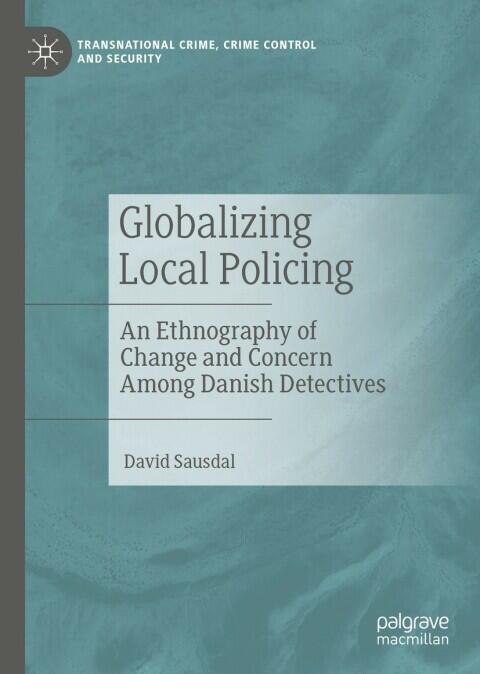
Wicked Problems – Social Messes: Decision Support Modelling with Morphological Analysis
بواسطة
Tom Ritchey
لا توجد تقييمات بعد
Science & Technology
History
Business & Economics
تنسيق
كيندل
صفحات
151
لغة
الإنجليزية
منشور
Jan 1, 2011
الناشر
Springer
الطبعة
2011
رقم ISBN-10
3642196535
رقم ISBN-13
9783642196539
الوصف
In the realm of complex decision-making, the challenges faced by societies are often multifaceted and interwoven, presenting what are termed "wicked problems." This insightful exploration dives deep into these social messes, offering a comprehensive framework for understanding and addressing them through the lens of General Morphological Analysis. The author, Tom Ritchey, skillfully presents the tools and methodologies that can aid decision-makers in navigating uncertainties and embracing the intricacies inherent in social issues.
Ritchey emphasizes the importance of adaptable modeling techniques, highlighting how these can be effectively employed to analyze the unpredictable nature of wicked problems. His work sheds light on how morphological analysis functions as a dynamic decision support system, empowering stakeholders to visualize complex relationships and potential solutions.
Through practical examples and rigorous analysis, the narrative encourages a collaborative approach to problem-solving, advocating for the inclusion of diverse perspectives. Readers will be equipped to think critically about the socio-political landscapes that shape their environments, ultimately fostering better governance strategies.
This publication serves not only as a vital resource for academics and practitioners in risk management and governance, but also for anyone vested in developing a deeper understanding of how to tackle the pressing social dilemmas of our time. It stands as a pivotal text in the ongoing discussion surrounding the interplay of complexity, decision-making, and societal challenges.
Ritchey emphasizes the importance of adaptable modeling techniques, highlighting how these can be effectively employed to analyze the unpredictable nature of wicked problems. His work sheds light on how morphological analysis functions as a dynamic decision support system, empowering stakeholders to visualize complex relationships and potential solutions.
Through practical examples and rigorous analysis, the narrative encourages a collaborative approach to problem-solving, advocating for the inclusion of diverse perspectives. Readers will be equipped to think critically about the socio-political landscapes that shape their environments, ultimately fostering better governance strategies.
This publication serves not only as a vital resource for academics and practitioners in risk management and governance, but also for anyone vested in developing a deeper understanding of how to tackle the pressing social dilemmas of our time. It stands as a pivotal text in the ongoing discussion surrounding the interplay of complexity, decision-making, and societal challenges.



















